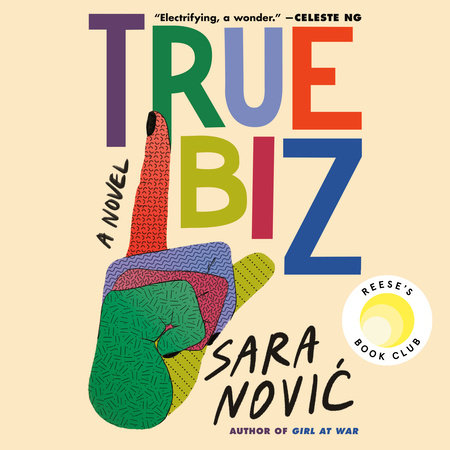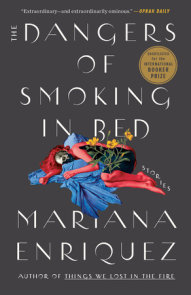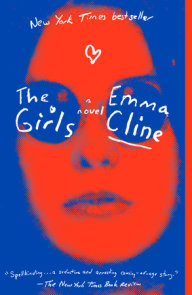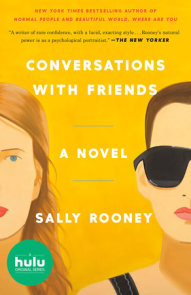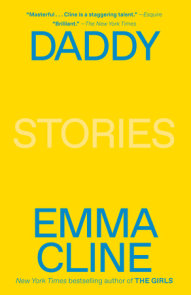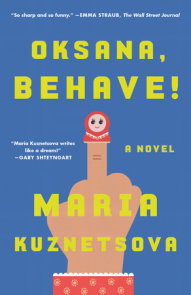READERS GUIDE
Questions and Topics for Discussion
1. How much knowledge did you have about the Deaf community and/or ASL before you started True Biz? In what ways did the novel reflect or augment your understanding?
2. Which character did you identify with most, and why?
3. The conversation around cochlear implants can get thorny quickly, which Nović illustrates throughout the novel with lines like “She’s read about . . . parents deemed negligent for opting against surgery” and “Isolation was a requirement of the implant, her doctor cautioned.” For Charlie, a defective device and poor instruction from doctors and parents leads to “oral failure” and a host of other issues. For other Deaf children, the procedure is so prohibitively expensive it isn’t even a consideration. Discuss the pros and cons of cochlear implants, and the ethical considerations for parents, medical professionals, and device manufacturing companies, citing examples from the novel.
4. Nović shows so many varied examples of d/Deaf families and childhoods, from Charlie’s ambivalent parents, to Austin’s celebrated generations of Deaf folks, to Kayla’s experiences code-switching from Black ASL to ASL, to the horrifying abuse Eliot suffers at his mother’s church. Compare and contrast the experiences each student had growing up, and how those experiences helped mold them into the young adults they’ve become.
5. Discuss Charlie’s relationship with her mother. What, if anything, do they owe each other?
6. How does True Biz explore the ways the experiences of Deaf children, teens, adults, and elderly people differ?
7. February is hearing but is headmistress of a Deaf school. Did you have any concerns about this? Why or why not?
8. What kind of responsibility did February have growing up as the child of Deaf parents? How are her childhood experiences similar to those of children of immigrants?
9. Why does February confide in Wanda over Mel about the closing of River Valley? Do you think this was a betrayal? Why or why not?
10. February’s curriculum is interspersed throughout the novel. Describe the effect this had on your reading experience.
11. Like all teenagers, the young adult characters in the novel occupy one of life’s in-between stages—as Austin notes when he’s sifting through magazines at the doctor’s office. “All of them were either adult in the worst way . . . or too childish.” In what other ways do the characters—including the adults—straddle two or more different worlds? If each character were at the center of a different Venn diagram, how would you label the circles?
12. Slash may not be a great romantic partner for Charlie, but he proves to be a surprisingly great ally. What are some of the ways he shows this? How might you fight for accessibility for Deaf and hard-of-hearing folks in different areas of your life?
13. Charlie describes an attraction “not only to [Austin] but to the kind of person he was, the life that might have been hers if she had his stride and sureness and a hundred years of sign language coded right into her bones.” Do you think it’s common for crushes to walk this line between romantic attraction and envy?
14. In what ways did River Valley remind you of other schools in classic boarding school novels or movies? In what ways did it strike you as different?
15. Charlie is deeply affected by her experience of live music at the Gas Can. What are intense sensory experiences from your life?









